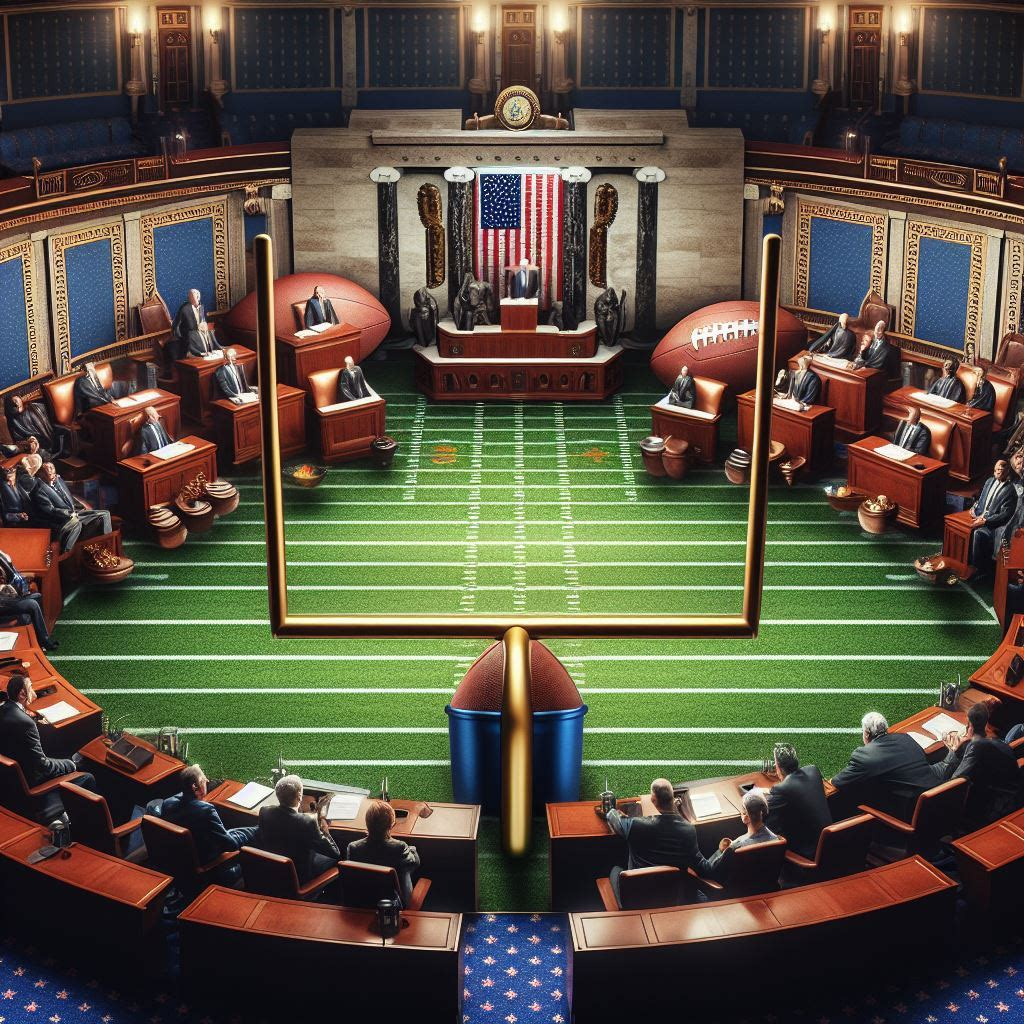The Intersection Of Politics and Sports
In recent years, the intersection of politics and sports has become a topic of intense debate. From athletes taking a knee during the national anthem to international sporting events serving as diplomatic tools, the relationship between these two seemingly distinct realms is complex and multifaceted. In this blog post, we delve into the historical context, societal impact, and political implications of the connection between politics and sports.
Sports as a Reflection of Society
To understand the relationship between sports and politics, we must first recognize that sports have always symbolized societal values. Going back millennia, various pastimes and athletic competitions have provided a glimpse into how people spent their free time and what they held dear. For example:
The Mayans used sports to determine who would be sacrificed in rituals.
Medieval kings held tournaments to showcase their wealth and the prowess of their knights.
Gladiators in ancient Rome fought for entertainment, often as defeated enemies forced into slavery.
Sports, like other forms of cultural expression such as movies and music, have also been vehicles of imperialism. The popularity of cricket in India, introduced by British sailors during the British Empire, continues to thrive long after India gained independence. Similarly, NBA tours in China and NFL and MLB games in London serve as cultural exports that create intercultural connections and establish soft power.
Politics on the Olympic Stage
The Olympics, both ancient and modern, have & always will be heavily political. In ancient Greece, city-states convened to discuss politics, form alliances, and celebrate military victories while their representatives competed in races and strength contests. Modern Olympics have witnessed increased political activity, especially in recent decades:
The 1968 Mexico City Olympics saw U.S. Olympians Tommie Smith and John Carlos raise their fists in solidarity with the black power movement.
The 1972 Munich Olympics were marred by the kidnapping and killing of 11 Israeli athletes by a Palestinian terrorist group.
These events demonstrate that politics often shines through the veil of non-political competition touted by the International Olympic Committee. Athletes, intentionally or unintentionally, use their platforms to make statements about social justice, human rights, and global affairs.
Diplomacy Through Sports
Beyond individual athletes, sports organizations also play a significant role in shaping and reflecting political issues. Events like the Olympic Games and “ping-pong diplomacy” have been used as diplomatic tools to foster international relations and promote peace. When athletes from different nations compete on the same field, they transcend cultural differences and create connections that extend beyond the playing surface.
In conclusion, the relationship between politics and sports is intricate and multifaceted. Whether it’s athletes taking a stand or international sporting events serving as diplomatic channels, the connection between these two realms is far from coincidental—it is essential both nationally and internationally. So, join the discussion and explore the fascinating interplay between politics and sports!
Join the discussion! What are your thoughts on the intersection of politics and sports? How do you see this connection playing out on a global scale? Share your insights below!
#PoliticsAndSports #ComplexRelationship #AthletesWithAPurpose #OlympicDiplomacy #CulturalConnections #GlobalImpact #SocialJusticeStatements #SoftPower #HistoricalContext #SocietalValues #Barcelona #Madrid #Seville #Granada #JoinTheDiscussion
